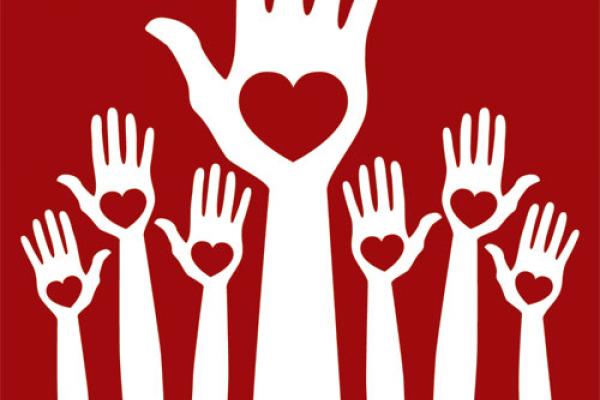When I walk into Paola's first-grade classroom, I'm aware of her poverty. Nine out of 10 of the students at our school meet the federal poverty level guidelines. She is one of them.
She lives in a small apartment with her grandma, mom, sister and uncle; they make less than $26,170 a year.
As the Nobel Prize-winning economist Paul Krugman reminds us, she is all too likely to suffer from poor nutrition, inadequate health care, an inferior education and a bad future.
I'm struggling against her life-crushing poverty with all of the compassion, creativity and commitment within me.
Yes, I'm aware of her poverty. Today, however, I don't see it.
As I look at her I don't see an immigrant student from El Salvador, or an economically poor child who is at risk of being below basic on our Palmetto Assessment of State Standards test, or an inner-city kid who must be unmanageable in the classroom setting.
No, I don't think of her with words like poor, inadequate, inferior or bad.
Today, I see her as Paola, first-grade hero with eyes as compassionate as Sojourner Truth's eyes, a mind as intuitive as George Washington Carver's mind, and a heart as big as a blue whale's heart.
I see her this way because today "the new student" has come into her classroom.
Her teacher introduces the new student.
"Hi," Paola whispers to him as he sits down beside her. "I'm glad you're in our class."
She doesn't know the story of the suffering that brings him to our school as I do, but she recognizes it in his taut face, quivering voice and shaking hands.
"This is your journal. It goes in your desk, like this. These are our crayons and markers," she says. "You can use them if you want to. Don't worry. There's lots to learn. I'll help you."
I'll help you.
Why did Paola reach out to the new student? From where did the empathy come? What can we learn from her?
Later in the day, I sat beside Paola in the lunchroom and said: "Paola, I noticed you helped the new student this morning. Why did you do that?"
"Oh, I remember when I was the new student," she said. "And sometimes I feel the way he looked when he sat down beside me. I just wanted to be kind to him. It helps when people are kind to me. He's my neighbor."
I just wanted to be kind. He's my neighbor.
Yes, I'm aware of Paola's poverty. But today I'm aware of her riches, too.
I curse her poverty and will fight for things like nutritional aid for low-income mothers-to-be and young children, quality public schools, aid to low-income college students and universal health care.
But I'm thankful it hasn't hardened her heart, thankful her heart is soft and sympathetic to the world around her.
I'll follow her and say, "I'll help you. … I just want to be kind to you," to all of my suffering neighbors.
Thanks for showing me the way, Paola.
Trevor Scott Barton is an elementary school teacher in Greenville, SC. He is a blogger for the Teaching Toleranceproject of the Southern Poverty Law Center.
Child hand illustration, Christopher Jones / Shutterstock.com
Got something to say about what you're reading? We value your feedback!
